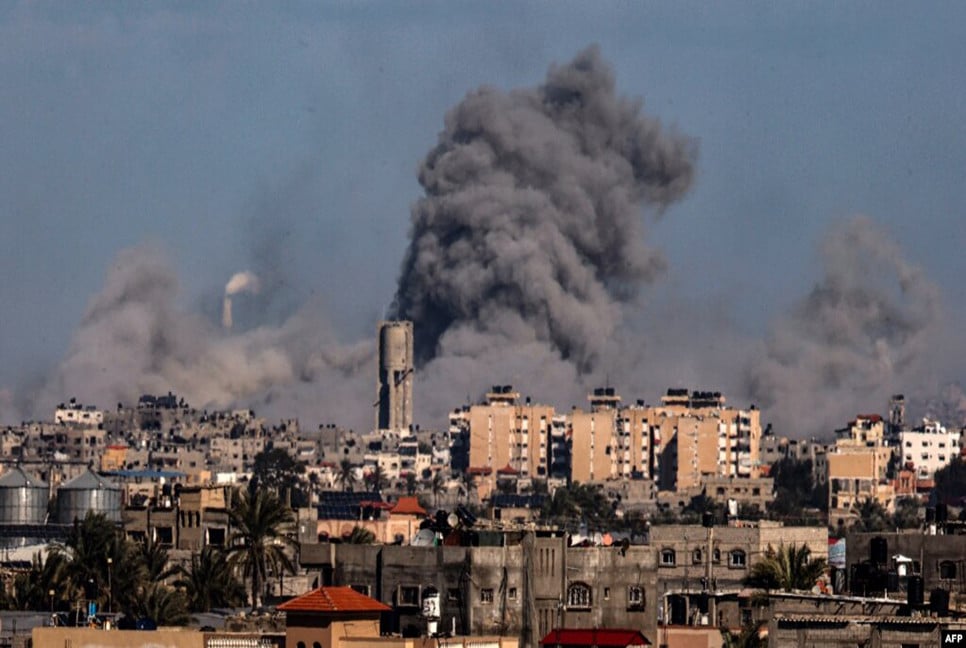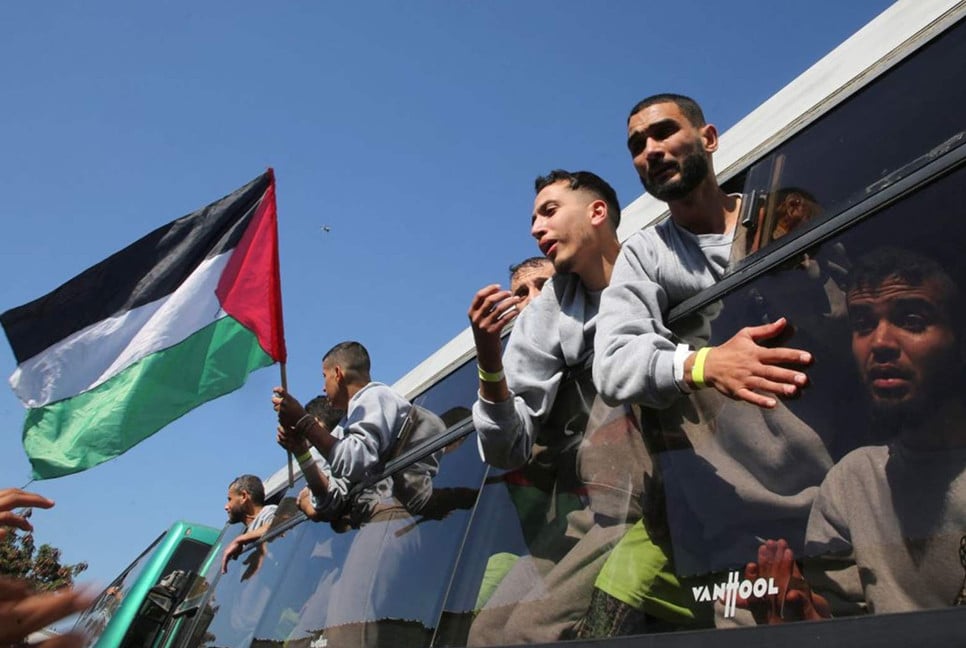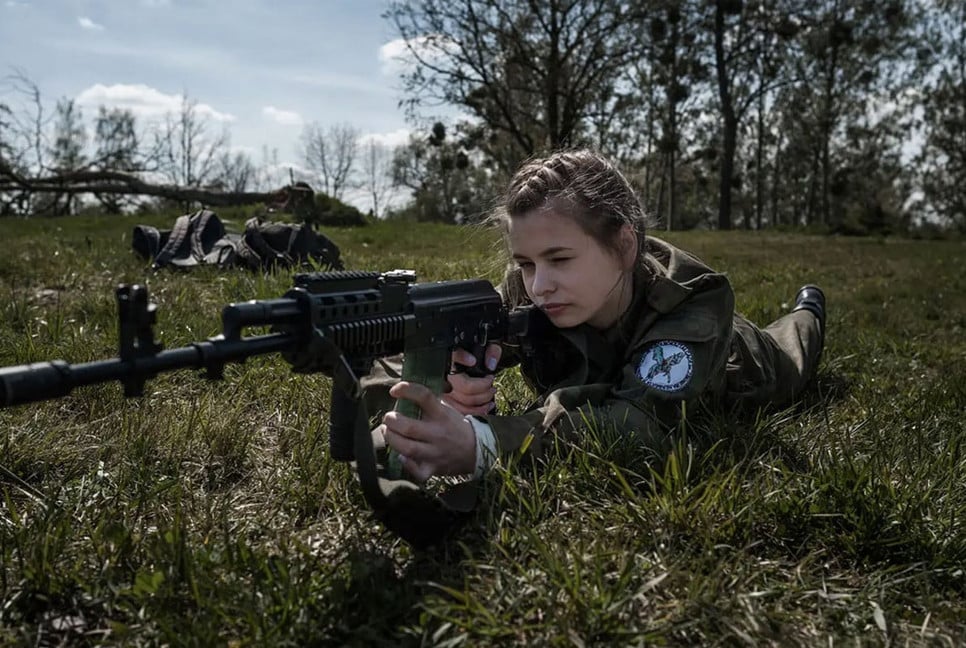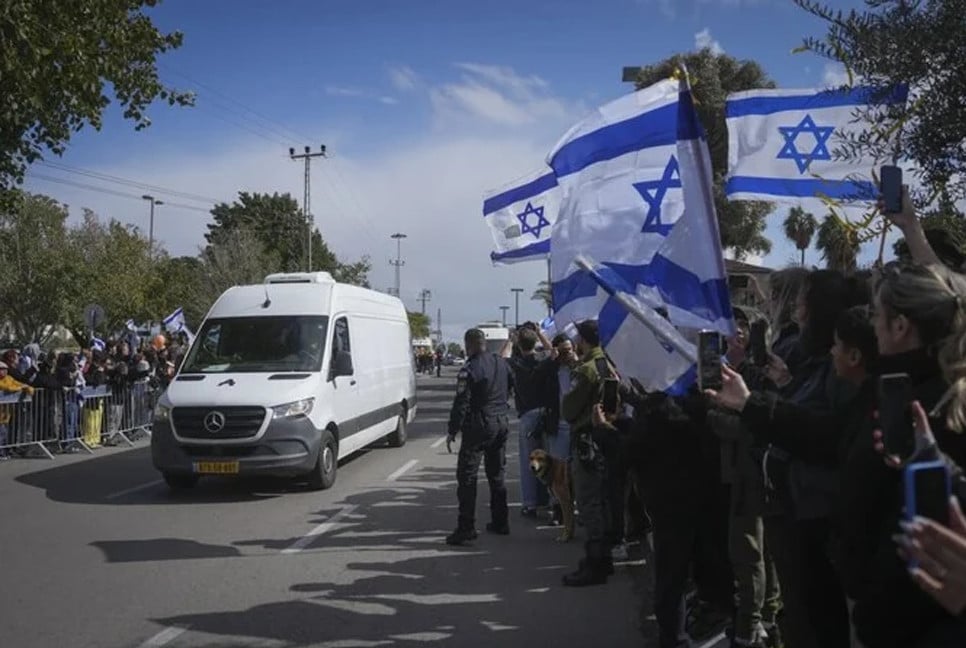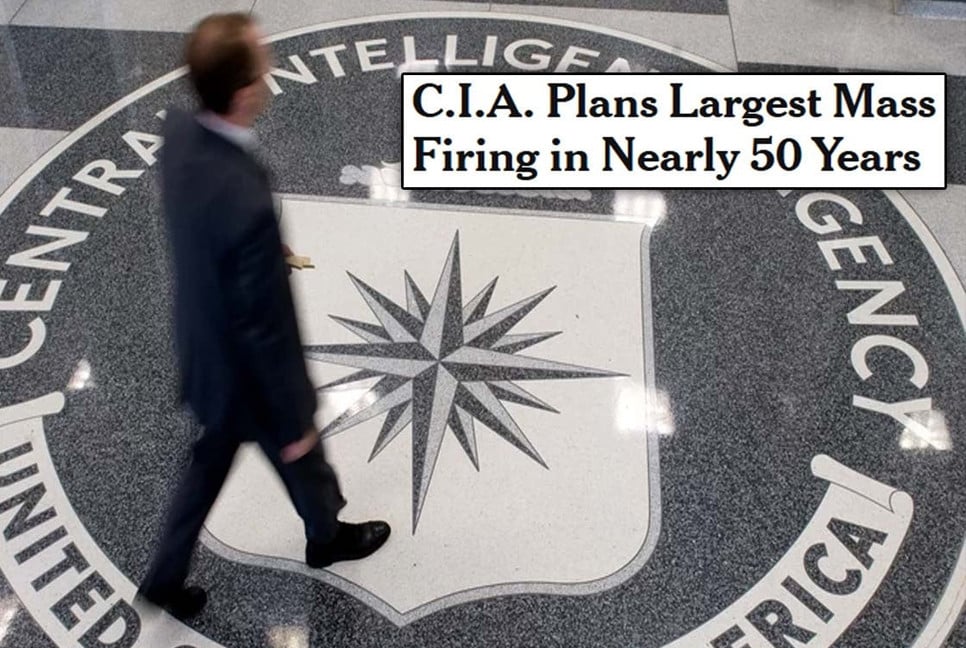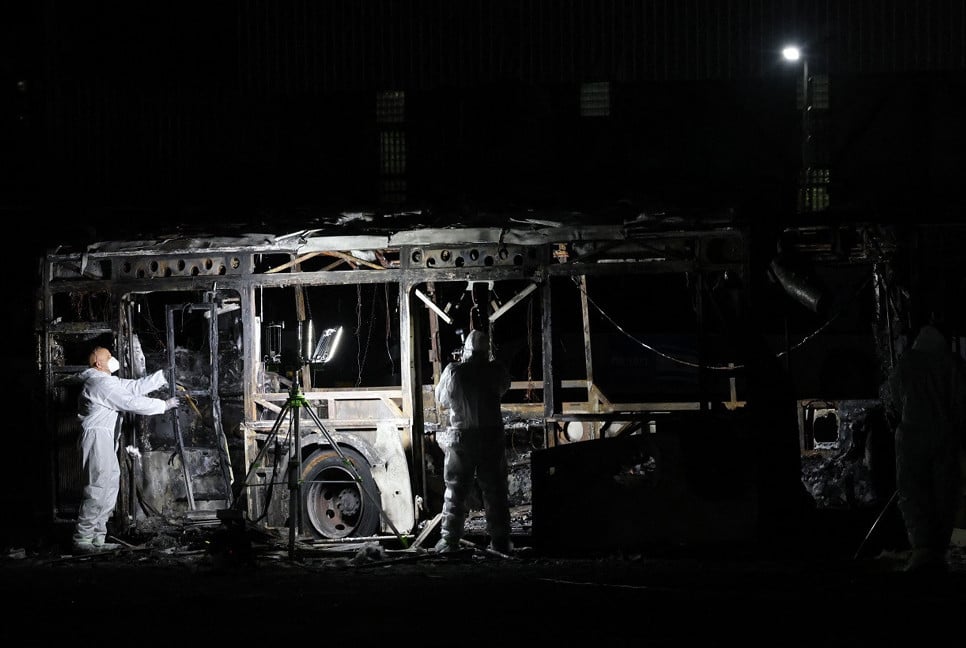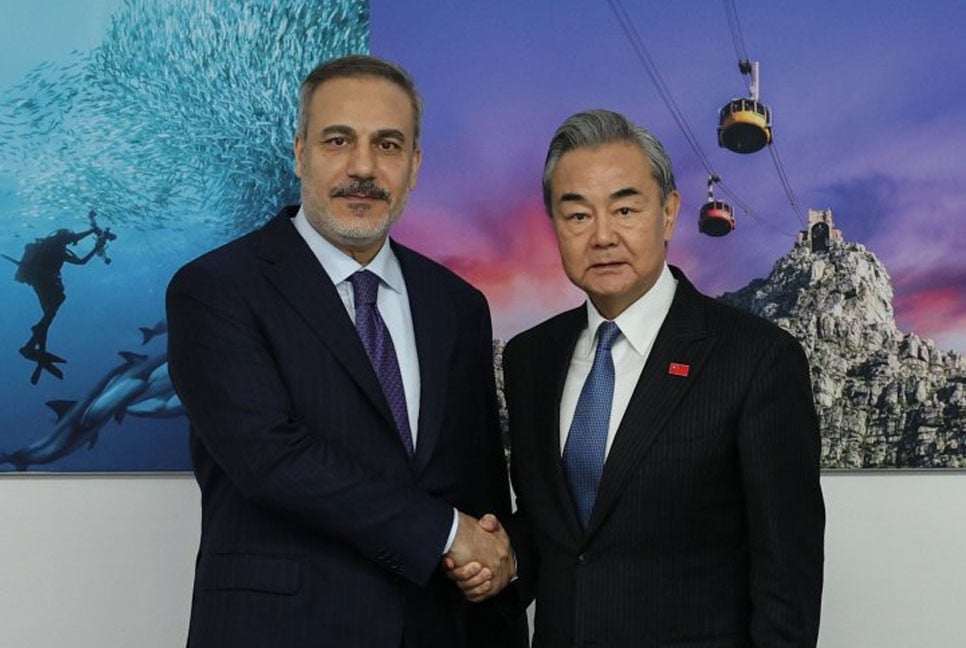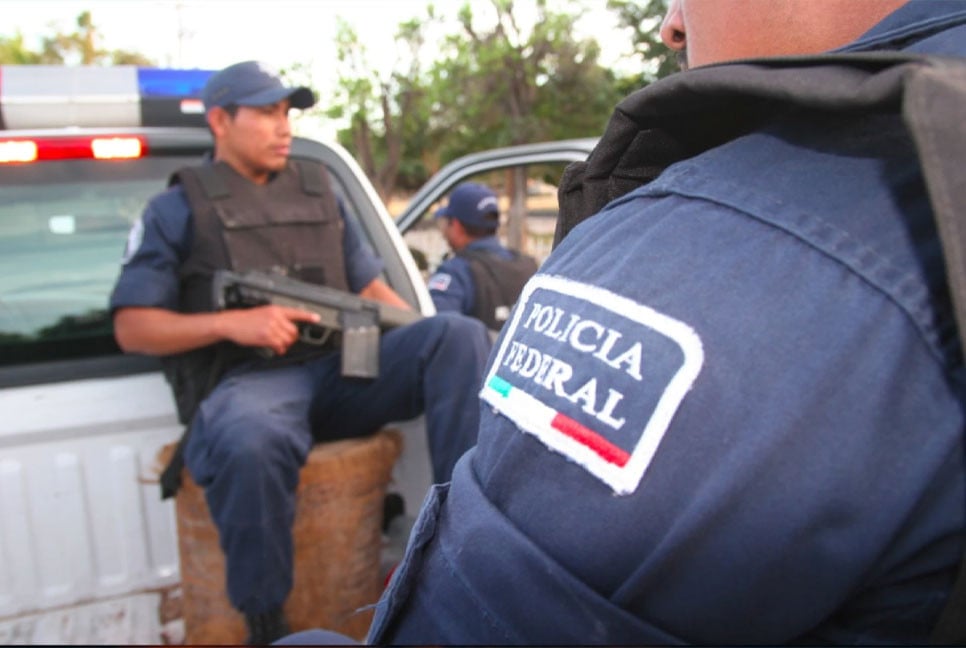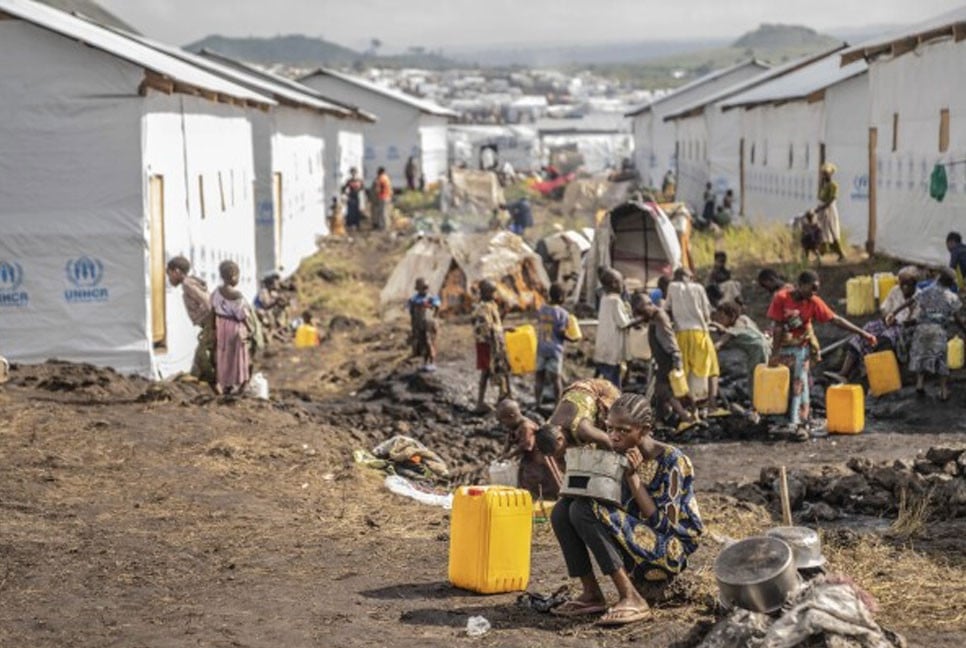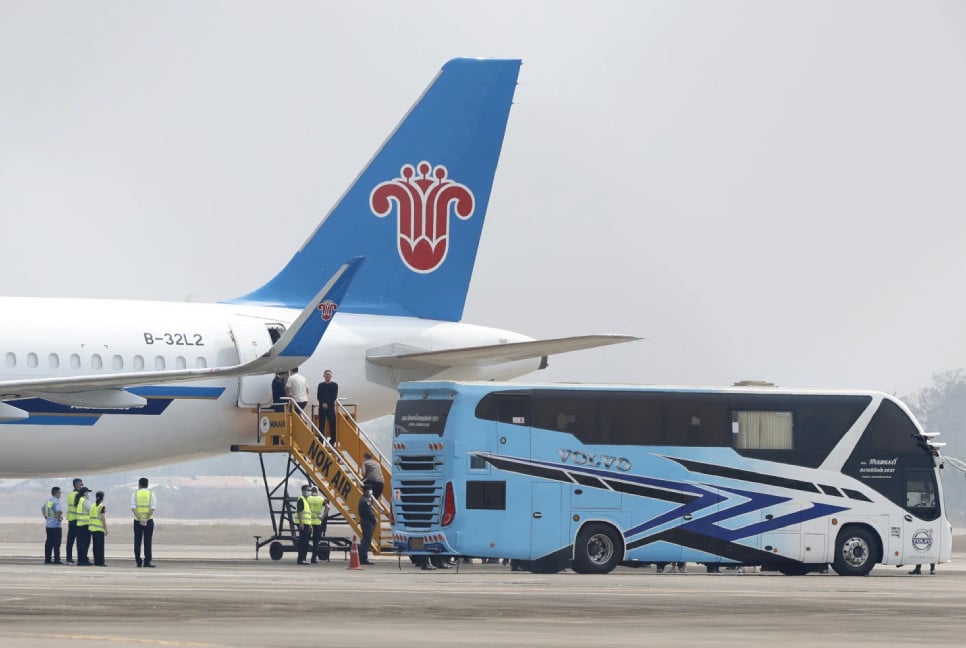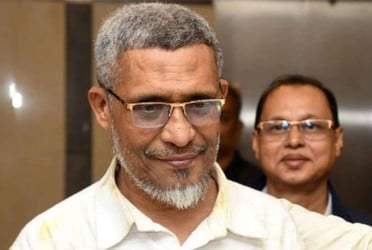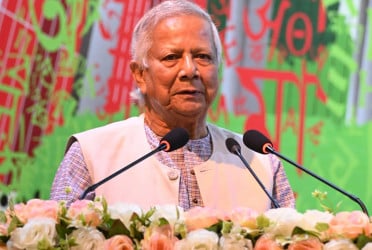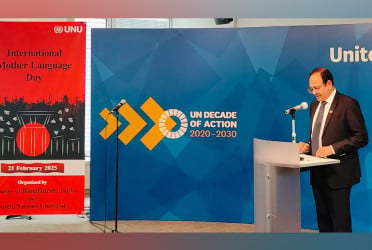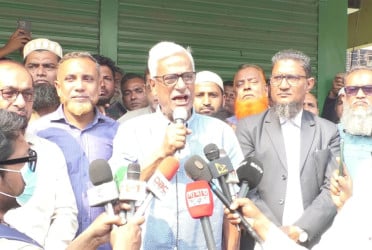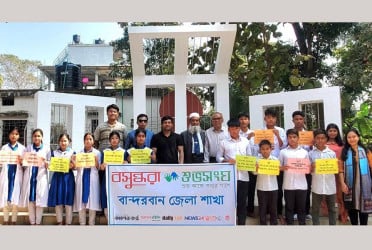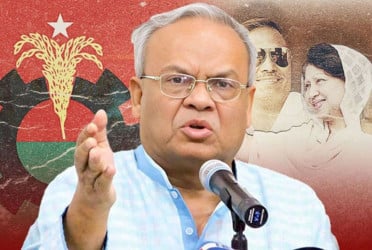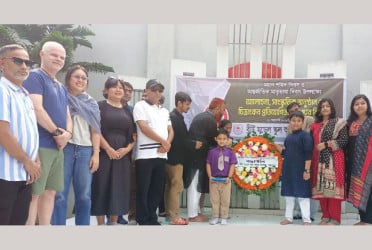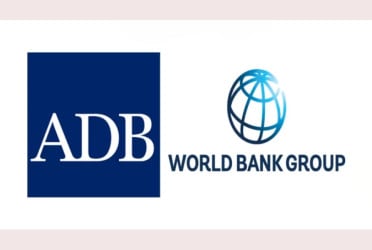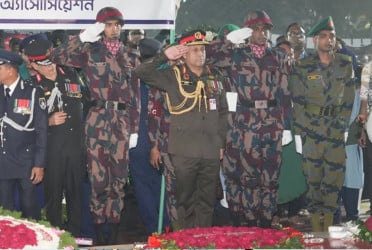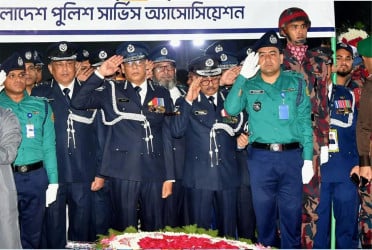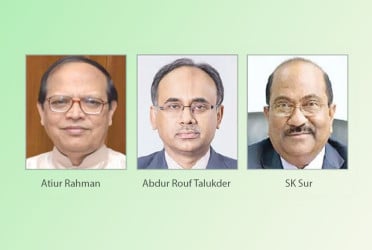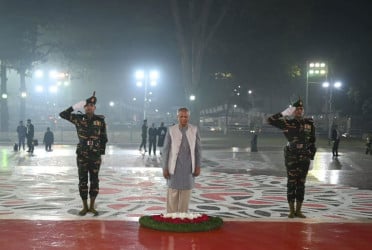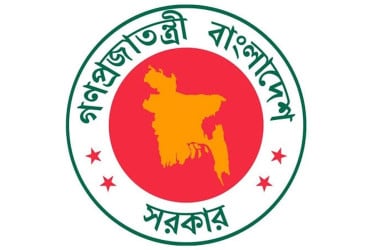The United States and Kuwait held critical discussions this week to address the worsening humanitarian crisis in the Middle East. During the sixth U.S.-Kuwait Strategic Dialogue, conducted virtually from December 9-11, both nations emphasized the urgent need for ceasefires, increased humanitarian aid, and coordinated efforts to alleviate suffering in conflict zones such as Gaza, Lebanon, and Yemen, according to a joint statement issued on Friday (Washington local time).
A primary focus of the talks was the ongoing crisis in Gaza. Both countries called for an immediate ceasefire, the release of detainees and hostages, and expanded humanitarian assistance to address dire conditions on the ground. Kuwait praised U.S. efforts to reduce hostilities in Lebanon, expressing hope for broader peace initiatives across the region.
The dialogue underscored the shared commitment of the U.S. and Kuwait to resolving the Israeli-Palestinian conflict through a two-state solution, advocating for an independent Palestinian state along the 1967 borders with agreed land swaps. Both nations also pledged to support international and regional efforts to end the violence and facilitate long-term stability.
Discussions extended to development and humanitarian partnerships, including joint initiatives to aid Yemen and support critical healthcare facilities in East Jerusalem. Kuwait, as the current president of the Gulf Cooperation Council, emphasized the importance of regional unity in addressing these crises.
Other regional challenges were also addressed, including Iraq’s adherence to agreements safeguarding Kuwait’s sovereignty and Iran’s role in regional instability. Both nations urged Tehran to halt the proliferation of weapons to non-state actors and to work toward peaceful conflict resolution.
Both countries emphasized the urgent need for de-escalation in the region and urged Iran to halt the proliferation of weapons to non-state actors. They called on Iran to adhere to principles of good neighborliness, resolve conflicts through dialogue and peaceful means, respect sovereignty, and refrain from interfering in the internal affairs of neighboring states. Additionally, both nations reiterated their call for Iran to fully cooperate with the International Atomic Energy Agency (IAEA) and to cease any nuclear activities lacking credible civilian justification.
The U.S. and Kuwait reaffirmed their strong partnership, highlighting the importance of diplomacy and collaboration in tackling the Middle East’s humanitarian challenges. They plan to continue these discussions during the next round of the Strategic Dialogue in 2025.
Bd-pratidin English/ Jisan

